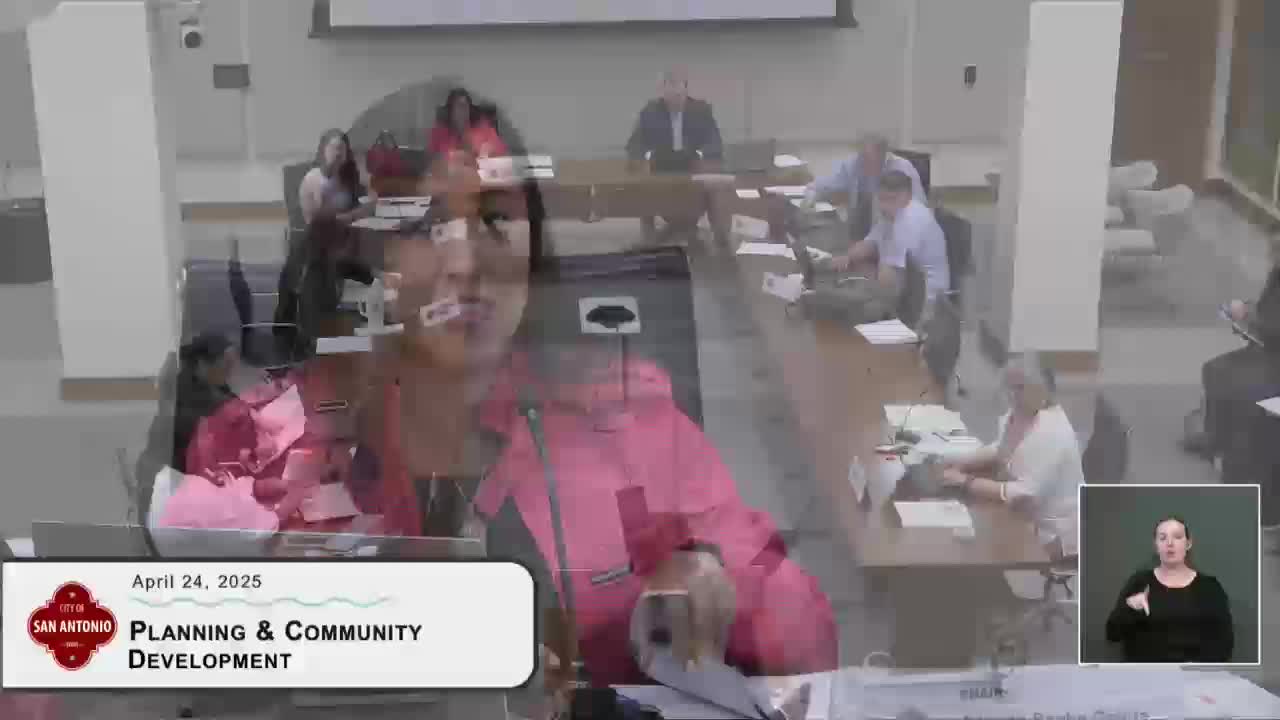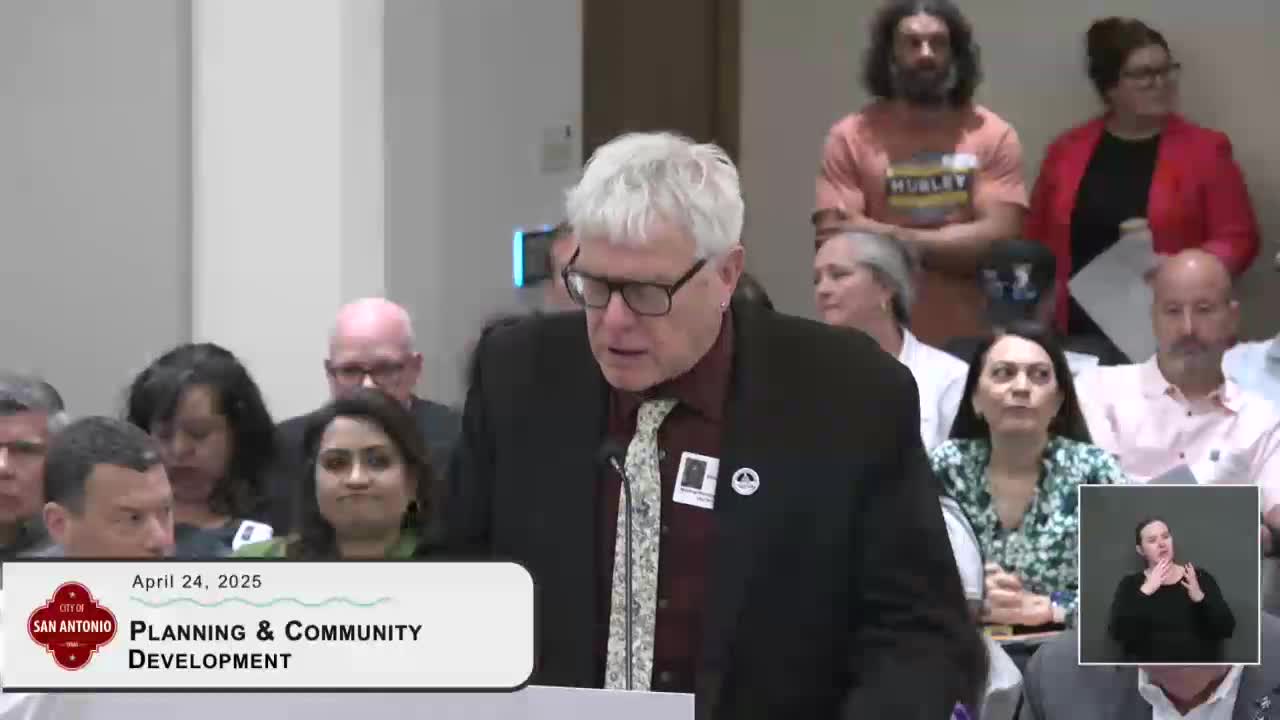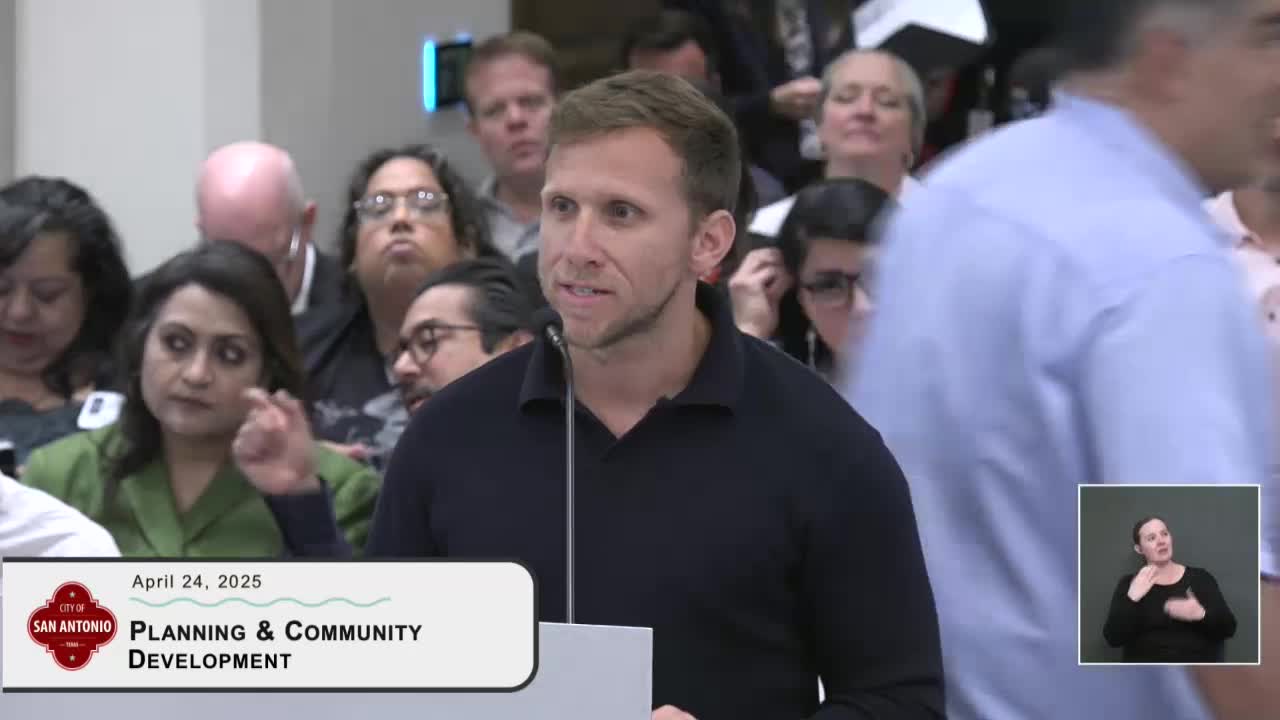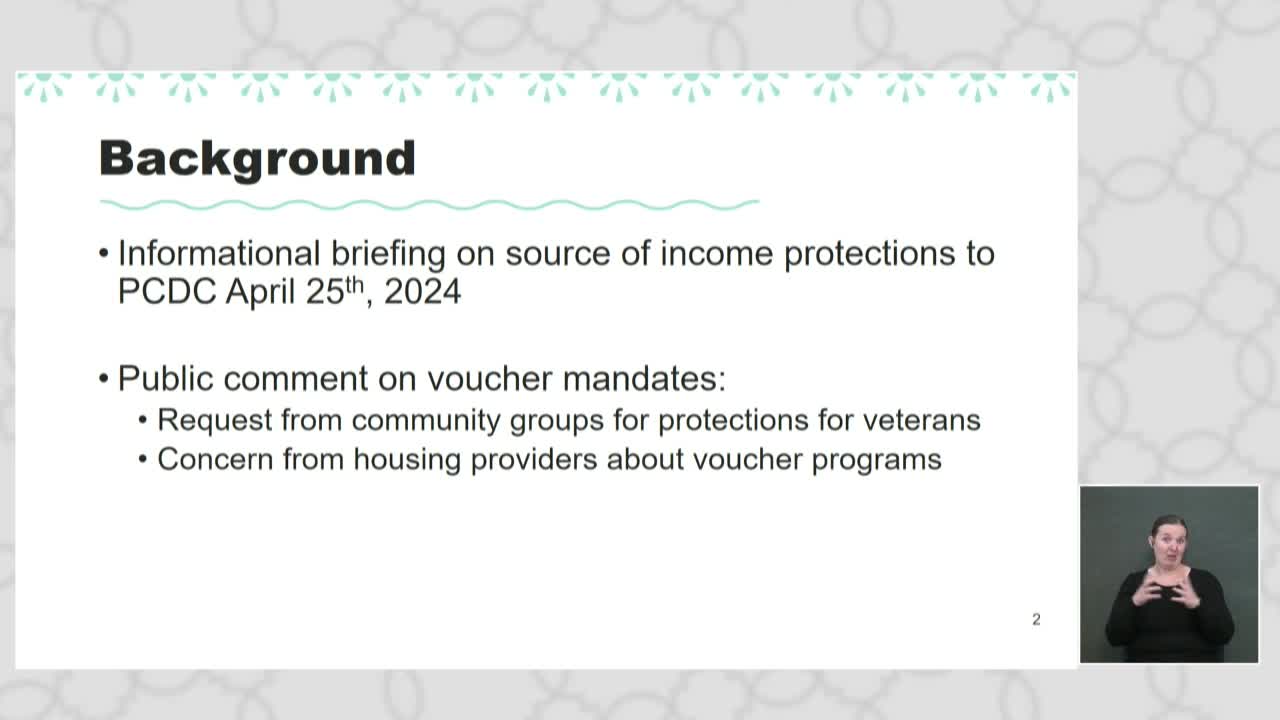Article not found
This article is no longer available. But don't worry—we've gathered other articles that discuss the same topic.

Committee advances updated metal-recycling code with new compliance, inspections and separation rules

Committee advances two-year digital media and arts pilot; debate centers on locations, content and revenue sharing

Committee OKs housing authority—request for full property tax exemption on 232-unit rental project; one councilmember opposes

